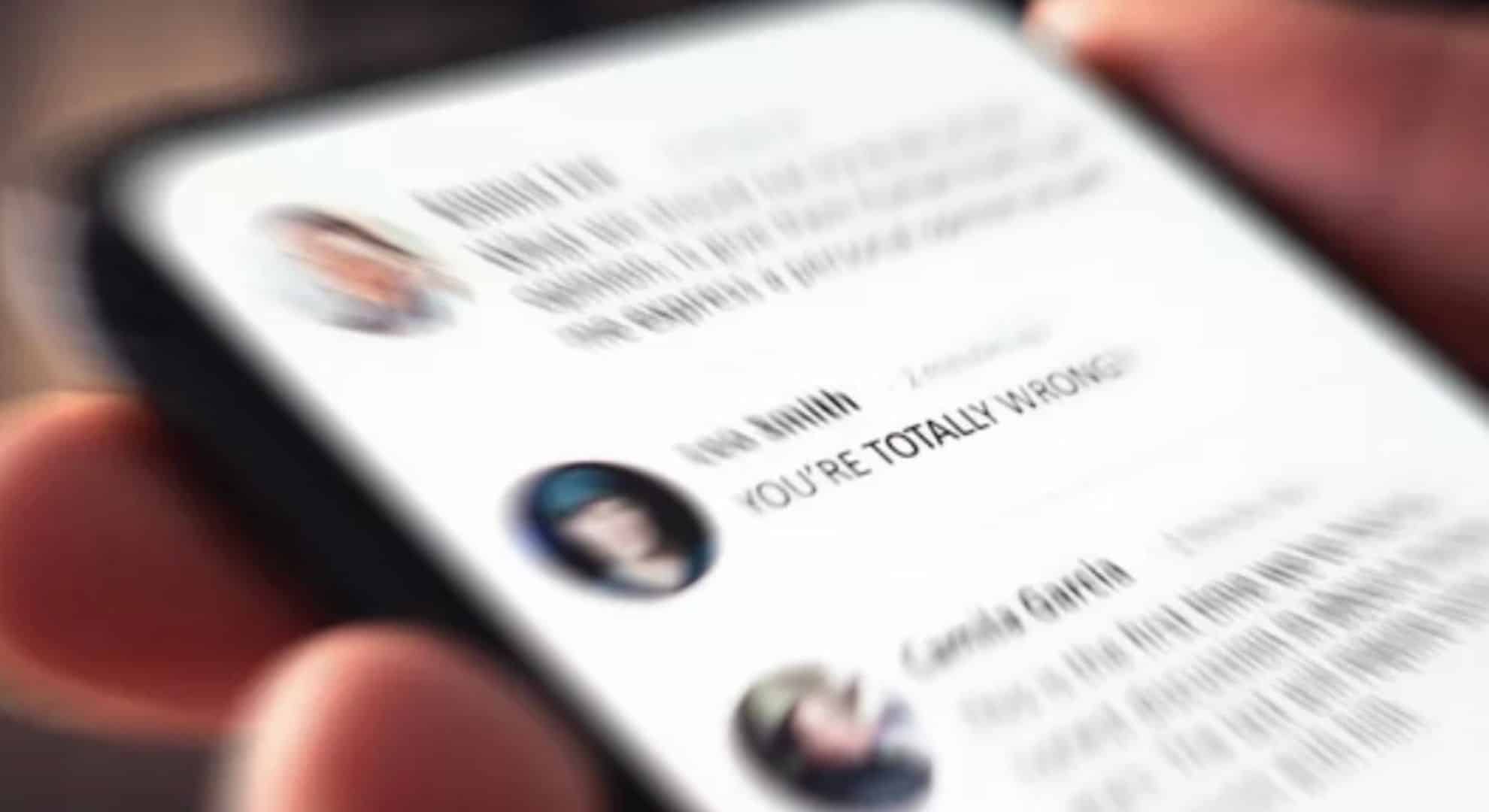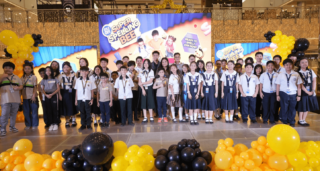If you’re a chronically online Filipino, then you’ve probably witnessed (and gotten into) your fair share of online drama. From petty squabbles to full-on fan wars, arguments happen—and hey, not every disagreement is a bad thing, right?
Well, what if it involves a fandom, a writer, and an article that was blown way out of proportion?
Over the past couple of days, a local fandom has been up in flames over a writer and an article they penned in good faith. For context—without naming names (because tbh, you already know)—the piece put a spotlight on the topic of whether this local group was losing their relevance after controversies surrounding their concert’s pricing and management became conversation topics on social media.
The writer also mentioned that the group’s latest release may have slowed down their momentum, which was based off opinions that they’ve seen on social media. Despite the critique, the article ended on a hopeful note, rooting for the group’s future success.
Once the article went live, the fandom was livid. They launched an all-out attack on the author, dragging them on social media for having the nerve to critique the group. Some even crossed the line—doxxing the author by exposing personal details such as their name, school, and social media accounts. Some have accused the author of writing this piece out of bias for another group, which the author does not deny to be a fan of.
That’s not petty behavior—that’s called online bullying. Or to be more exact, harassment.
So, we’ve all seen how online bullying has somehow become normalized in fandom spaces and social media, right? But let’s be real—it’s a pattern we know shouldn’t be acceptable, no matter how common it gets.
Is there anything more terrifying than having your personal details exposed online just because your opinion didn’t pass the fandom’s vibe check? This isn’t some quirky, “oopsie, I did it again” kind of behavior.
Doxxing is serious and shouldn’t be trivialized. If fandoms think the way to express their collective feelings is by harming people over differing opinions, what does that say about their faves?
At the end of the day, fandoms reflect the artists they stan. So with all the doxing, online bullying, and harassment over an article meant to spark healthy discussion—was any of it really justified?
There’s also so much to be said about the state of our media literacy right now, but that’s for another undertaking.
For now, we leave this question: Can’t we just be better people at the end of the day? We’re all just here to have fun and have healthy conversations. Let’s make social media a better place to be in, and we can only arrive at that if we stop attacking people who we think do not align with our views.



